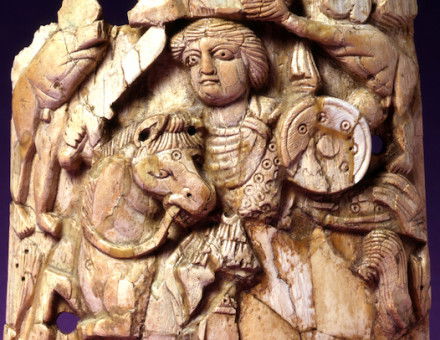Poverty in Elizabethan England
Understanding the reasons for the development of the poor-law, one of the most long-lasting of Elizabethan achievements.
After the Anglican Church, the English poor-law was the most long-lasting of Elizabethan achievements. As finally codified in the legislation of 1601, it persisted without fundamental alteration until 1834 and played a major part in Elizabethan government. Any list of the 'stacks of statutes' which the Tudors imposed on the shoulders of justices of the peace will include the acts of 1563, 1572, 1576 and 1598, which were concerned with the relief of the destitute and the punishment of vagabonds, along with related legislation aiming to regulate the lives and behaviour of the 'commons', such as the Statute of Artificers of 1563. Social welfare and regulation were matters of increasing public concern between 1558 and 1603.





